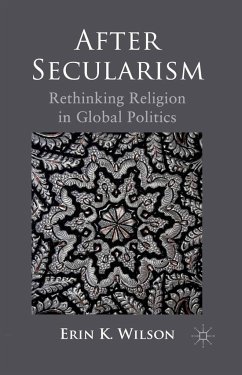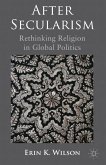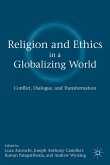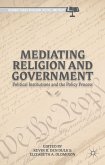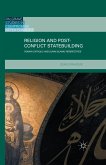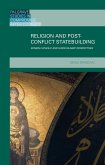Having destabilized dominant assumptions about the nature of religion, there is now a need to develop new ways of thinking about this ever-present phenomenon in global politics. This book outlines a new approach to understanding religion and its relationship with politics in the West and globally for International Relations.
"Perhaps the signature achievement of After Secularism is that these theoretical insights are operationalised via a reading of US domestic politics and foreign policy to show the full constitutive effect of religion at play in the formation of the American
polity. This is no small achievement, and the clarity and insight offered in a brilliant chapter on religion and US politics (pp. 147-79) is a must-read for scholars, policy-makers and students alike. Of equal importance, Wilson's model is clearly transferable and promises high impact in IR by aiding and equipping researchers to understand the constitutive agencies of religion in multiple political contexts."
- Australian Journal of Political Science
"The case made in this volume - that secularism limits perceptions of the relationship of religion with politics and the nature of religion itself - is an important one [and] the procedure of sketching an alternate approach to analyzing religion's role in world affairs is carried out in a judicious way.'
- Journal of Church and State
polity. This is no small achievement, and the clarity and insight offered in a brilliant chapter on religion and US politics (pp. 147-79) is a must-read for scholars, policy-makers and students alike. Of equal importance, Wilson's model is clearly transferable and promises high impact in IR by aiding and equipping researchers to understand the constitutive agencies of religion in multiple political contexts."
- Australian Journal of Political Science
"The case made in this volume - that secularism limits perceptions of the relationship of religion with politics and the nature of religion itself - is an important one [and] the procedure of sketching an alternate approach to analyzing religion's role in world affairs is carried out in a judicious way.'
- Journal of Church and State

